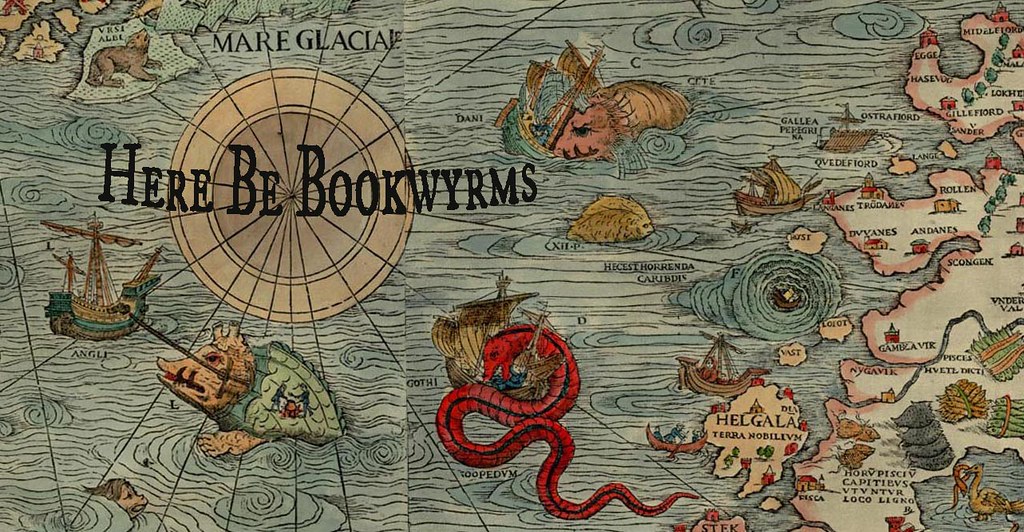This ethnography, based on about two years of fieldwork, takes us to a village Boddy calls "Hofriyat" (names of individuals and the name of the village have been changed) in northern Sudan. Although the people in this part of the country speak Arabic and are largely Muslim, the people in this (and other) villages also maintain a strong belief and indulgence in a very specific form of spirit possession - these spirits are known as zār.
When people from Western cultures such as in the United States and in Europe think of Arabic-speaking or Islamic countries, I think we have a general tendency to imagine a place where men have all the power - they are dominant in every way to the women in their society. The women we tend to think of as being very subjugated and oppressed. Obviously this is a generalized stereotype, and can not possibly hold true for every individual society in Arabic or Muslim culture - but I digress. This is the picture that is painted.
Now, while reading this book, some people may come away with that perspective being reinforced - the people in this village are among the many in this part of the world who practice female circumcision as a rite of passage in becoming a woman. Husbands have quite a lot of control over their wives. However, what I found in reading this was that women in this society actually have much more power than one might assume - through the zār cult. After all, it is rare for a man to be "afflicted" with zār.
You must keep in mind that spirit possession in this context is not like The Exorcist. Interestingly, the individual spirit (or spirits - plural) a person can be possessed by each represent various groups of people the Hofriyati and their ancestors have been exposed to throughout their long history on the banks of the Nile. In addition to the zār cult being available as a kind of traditional healing cult, it seems it also functions as an interesting way to orally pass on knowledge of other cultures, as well as a way for women to empower themselves within their community.
I absolutely loved reading this book. Not only do we have Boddy's narrative as the observer, but she also provides historical background of the Hofriyati people, details regarding each of the kinds of zār spirit, and some passages in the voices of her informants. The book also includes maps, and there is a glossary in the front of the book, for ease of understanding various Arabic words that are used in the narrative, though if you happen to already understand Arabic, you should note (as is mentioned before the glossary itself) that Boddy has opted to remain as faithful as possible to the regional dialect spoken by the people in the village. It touches on a wide range of subjects, and as a student of anthropology, I found it fascinating. I know I've said this about every non-fiction I've reviewed so far, but it's also written in such a way that I don't believe it would be inaccessible to the layman, either.
ISBN:
0299123146
Publisher:
University of Wisconsin Press
See what others are saying about it or buy it now:
Amazon
Better World Books
Publisher:
University of Wisconsin Press
See what others are saying about it or buy it now:
Amazon
Better World Books



No comments:
Post a Comment